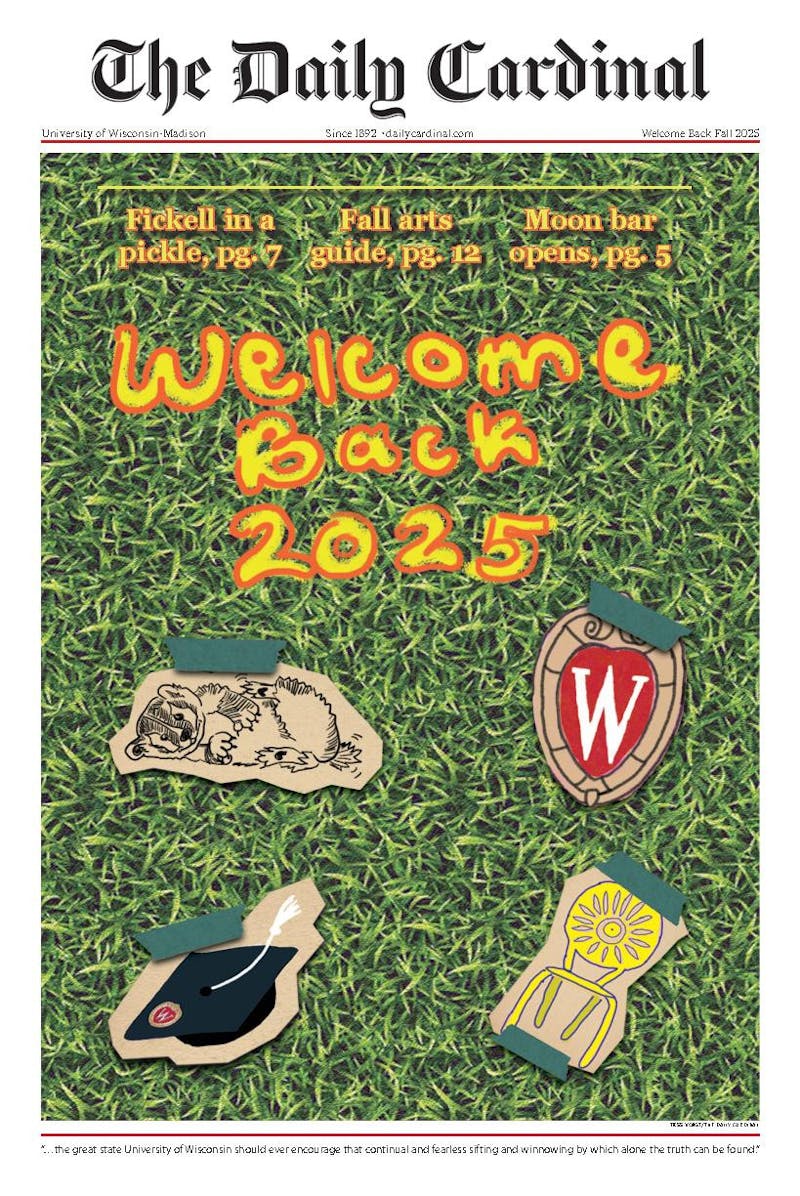In Sunday's matchup between the Philadelphia Eagles and the Cincinnati Bengals, the NFL had its first tie game since 2002 and only its sixth in the past two decades. The frequency of tie games in the NFL is so minimal that Eagles quarterback Donovan McNabb said after the game, I've never been part of a tie. I never even knew it was in the rulebook."" Although the novelty of such a phenomenon is fun for fans and analysts alike to discuss in the ensuing week, the rarity of a tie actually happening in the NFL is a blessing for the league, and a sign that sudden-death overtime works.
Looking back to the final standings in the NFL in 1973, the year before sudden death overtime was instituted, there were a total of seven tie games in the league, leaving 10 of the 26 teams in the league with at least one tie on their record. All four teams in the AFC West had at least one during that season, as did three of the five teams in the NFC East.
It may sound not like a big deal, but when winning percentages are tallied up right before playoff time, those ties lead to ambiguities in terms of who are the best teams in each conference and each division.
For instance, the 1973 Oakland Raiders were AFC West division champions with a record of 9-4-1, but the Kansas City Chiefs and the Denver Broncos were next in line with 7-5-2 records. If these teams would have taken their tie games into overtime, it is quite likely that a different division champion could have been crowned - especially since Oakland's lone tie game was against Denver.
Furthermore, if the playoffs at that time would have included six teams from each conference instead of four, the final AFC wild-card spot would have been tied up between Denver, Kansas City and the Cleveland Browns. Each had a 7-5-2 record. However, Cleveland and Denver tied in their game during the regular season - a sudden-death overtime win for either team in that matchup would have meant locking up a playoff spot at the end of the year.
Perhaps the finest part of sudden-death overtime play is the balls-to-the-wall mentality that it instills in teams once ""OT 15:00"" shows on the clock. The favored team knows that they are only one field goal away from an unexpected loss, while the underdog knows that they have their opponent running scared, unable to put the game away in four quarters.
Some argue that the first team to get the ball has an unfair advantage in winning the game. But let's face it, if the first team to defend in sudden-death overtime has held off its opponent that long, they sure as heck ought to hold them off at least one more time if they think they are worthy of snagging the win.
The beauty of the NFL sudden-death policy is that if two teams are really deadlocked after 15 minutes of on-the-edge play, only then is it really indeterminable who played the better game, and therefore both teams should be credited with a tie. After all, ties should not be done away with completely if in fact neither team can come out as the clear winner in the end.
The sudden-death overtime was most certainly a procedure that the NFL needed to adopt. It sets the bar for making the playoffs much higher and defines true winners in a high-stakes scenario. And, let's be honest, when sudden-death overtime does not settle the score between two teams, it makes for a ""once in a blue moon"" kind of conversation among football enthusiasts the following week.
Hope the NFL adopts the crazy overtime rules the NCAA employs? Send your thoughts to Andy at avansistine@dailycardinal.com.





